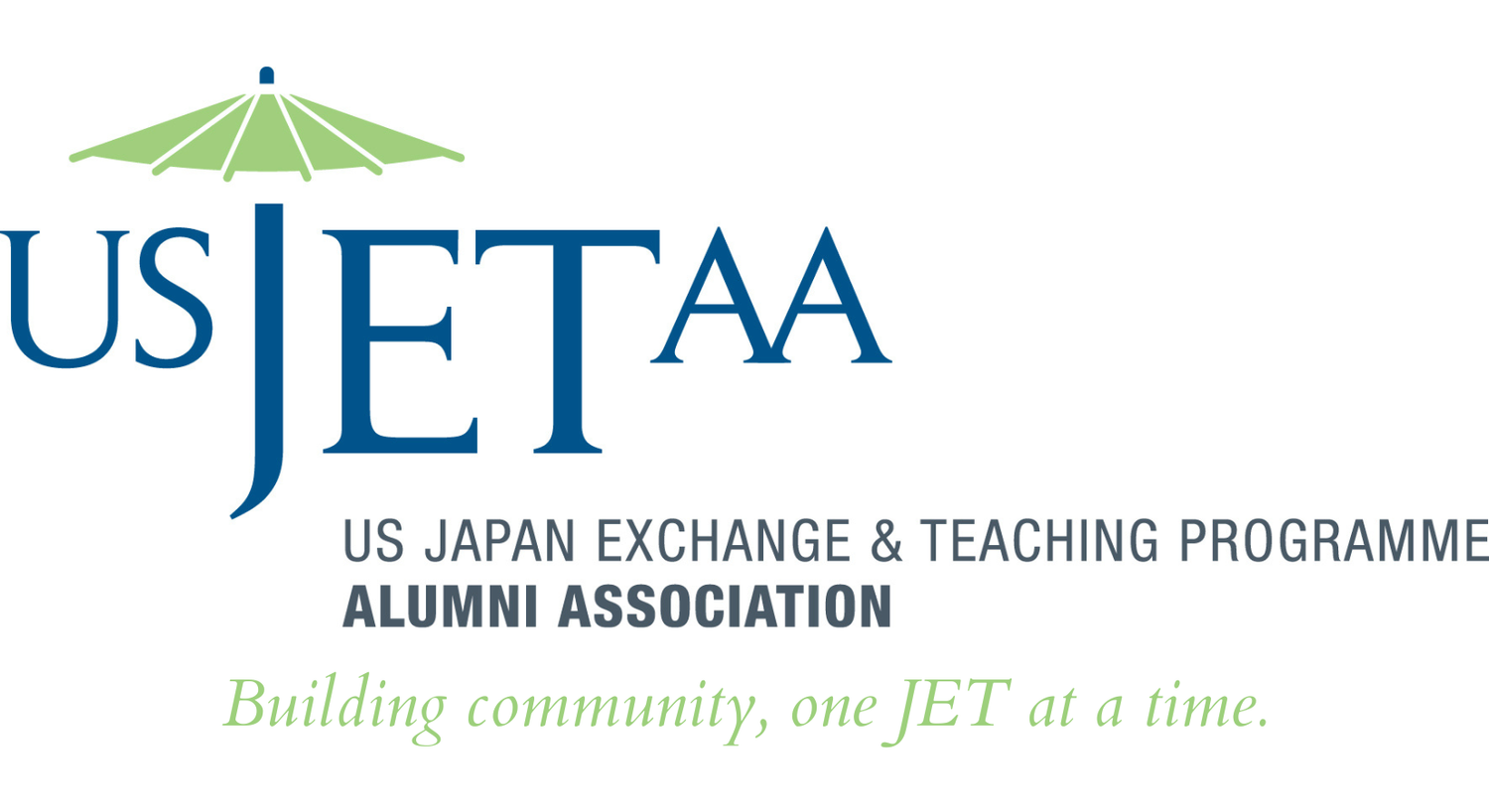News & Events
This November, Japan Society of Boston featured Anise Overton (Fukuoka, 2023-2024), in their JSB meets JET Alumni series.
Our November Photo of the Month comes from Justin Urso (Tokushima, 2006-2007).
Join JASNC for November’s Ouchigohan - Tsukune Hot Pot taking place Sunday, November 16, 2025, at 6PM ET!
Celesté Holmes-Tate says she’s always trying to figure out what she wants to do. She’s certainly done a lot. Celesté has, among other things, organized Black History Month events, obtained a Master’s degree in Japan, and served as a college lecturer. And, oh yeah, she was an ALT in the JET Program for six years in Hakui City, Ishikawa Prefecture.
Join us on November 12 from 7-8:30 PM ET for a fascinating deep dive into anime’s cultural roots, emotional impact, and the near “religious” devotion it inspires among fans, featuring Dr. Jolyon Thomas, Associate Professor of Religious Studies at the University of Pennsylvania, with special guests Yuri Lowenthal (Shiga, 1993–1995) and Roland Kelts (Osaka, 1998–1999).
Join us on November 7 at 7PM ET to read part of an essay by writer Itsuki Hiroyuki titled なぜかふと心が萎える日に (On Days When I Feel Down For Some Reason).
This October, Japan Society of Boston featured Aiya Perrine (Akita, 2022-2024), in their JSB meets JET Alumni series.
Our Photo of the Month for September comes from Angelinne Moreno (Miyagi, 2025-Present).
USJETAA is excited to welcome JETPrep as our newest JET-Owned Business Sponsor!
Temple University Japan is hosting a virtual info session on Saturday, October 25, 2025 at 9:00 AM JT. Register to learn more about scholarship opportunities, the Master in Management program, and the application process.
Looking for a particular article? Search past content.
Become a member to receive our monthly newsletter featuring the latest news, upcoming events, and professional development opportunities.






























